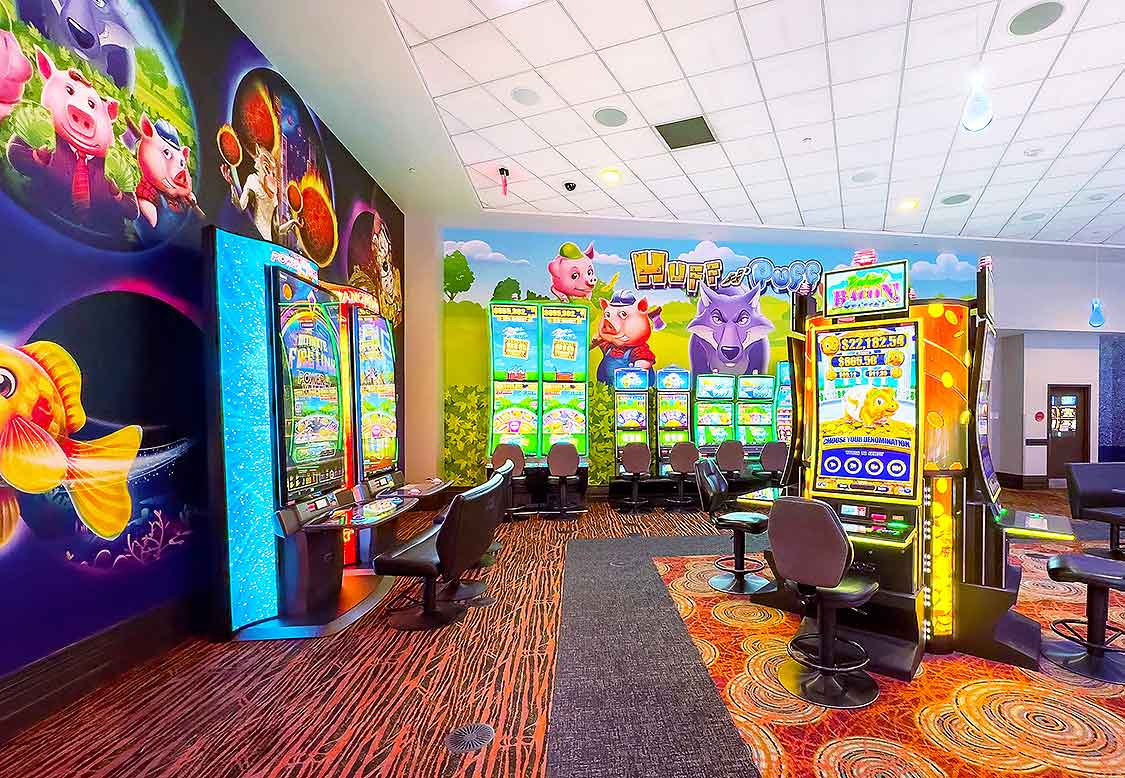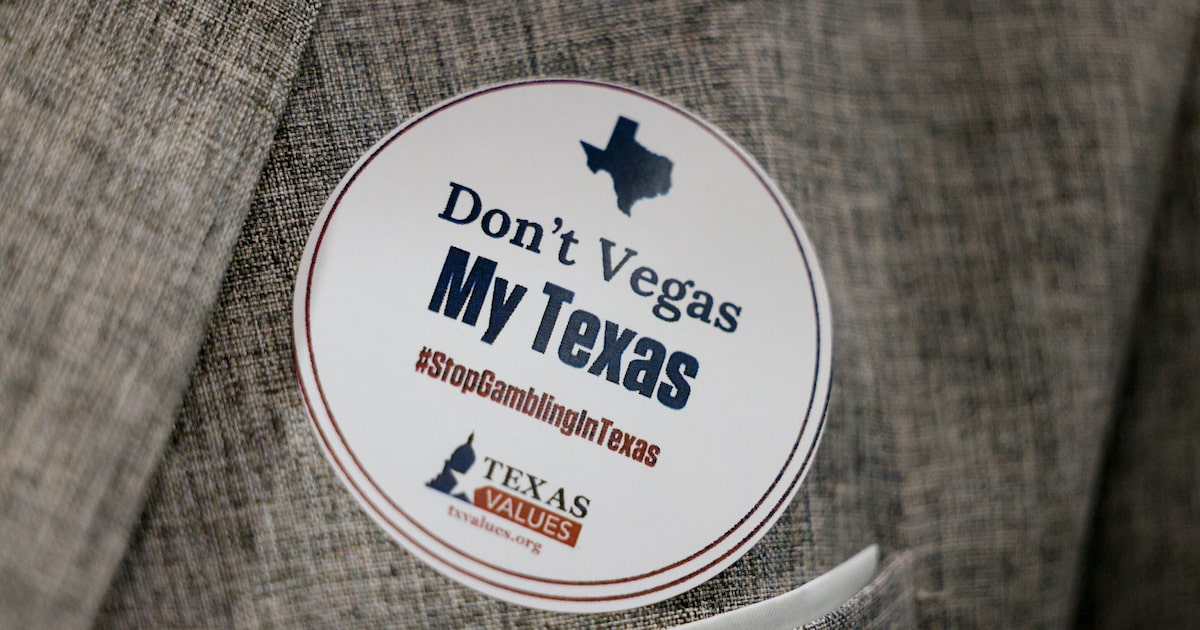Few of us would seriously oppose all gambling. But there is gambling, and there is gambling.
Playing poker with friends can be invigorating. There is the camaraderie of being with friends. There is the hospitality of the host. The excitement of the low-stakes game is balanced by the perspective of life’s more serious concerns.
That’s nothing like the absorbing, oxygen-enriched environment of the casino, drenched in free booze, flashing lights and ringing bells.
Traditional casino gambling has long promoted compulsive gambling in a state of elation and impaired judgment. Attention is narrowed and higher concerns are eclipsed by obsession. Owners fleece clients as a business rule.
Contemporary commercialized gambling is far more insidious than it has ever been. Casinos and online gambling apps utilize every sort of technology to magnify the addictive effect of their games and keep people returning and spending.
According to The Lancet Public Health Commission on gambling, the experience inside of a casino is known as “the zone — a state in which players are oblivious to the outside world, the passage of time, and the amount of money that they are spending.”
Author Natasha Dow Schüll aptly labels this Addiction by Design. Casino gambling degrades human dignity as it enriches owners and operators.
A clear and present danger now menaces the state of Texas, and D-FW in particular.
Las Vegas Sands — which settled a wrongful termination suit regarding a former CEO of its Macau casino for $75 million and which was alleged to have been involved in collecting fraudulent signatures in an effort to change Florida’s constitutional ban on gambling — hopes to build a massive casino near the site of the old Dallas Cowboys stadium.
An LLC associated with Sands owns many acres in this area. Moreover, a recently filed lawsuit alleges that the Irving-Las Colinas Chamber of Commerce — a private entity — has been involved with Sands in a “backroom deal” intended to gain Sands more land in Public Utility District 6, including the stadium site.
In March, Irving residents scored a temporary victory with their overwhelming opposition to Sands, which, apparently feeling the pressure, asked that “gaming” be struck from a proposed amendment to the zoning at and around the old Texas Stadium site.
But Sands will likely continue to mount pressure on both Irving and Austin. If Sands prevails, Irving’s skyline will be obscured by a complex of 4,000,000 square feet with towers up to 40 to 50 stories.
Won’t that be an economic boon? Local economist John Soriano is pessimistic, arguing on these pages that a casino will actually cause broad economic harm to Irving. Moreover, Earl Grinols and David Mustard noted in The Review of Economics and Statistics that within five years of a new casino, crimes rise: robbery (136% up), auto theft (78%), rape (21%), and murder (12%).
But Texans must ask their consciences about another issue. Whose money supports gambling profits? According to The Lancet commission, “a small proportion of users” generates “the majority of industry profits.” These “vital few” are “generally also the most disadvantaged and the most likely to experience gambling harms.” So, the free vodka, fancy restaurants, and shows are subsidized by those who break their backs to pay mortgages or rent.
Moreover, as legalized gambling is on the rise, so are attendant problems. Eliana Gabellini, in Journal of Gambling Studies, notes that gambling is increasing as it is made more available, yielding spikes in problem and pathological gaming.
Tragically, minorities and the underprivileged suffer higher rates of pathological gambling, as J. Welte reports in Journal of Studies on Alcohol and Drugs. Benjamin Morasco, in General Hospital Psychiatry, also finds that gambling problems are disproportionately higher for nonwhites and those with disability employment. The Lancet confirms this, adding to the list migrants and those with poor mental health and well-being.
Not only do the disadvantaged feed the belly of the Leviathan casino; they also bear more than their share of gambling pathologies.
Another group is at risk: college students. According to H.J. Shaffer’s important study in American Journal of Public Health, college students struggle with problem and pathological gambling far more than adults generally. It is bad enough that 5.45% of adults suffer, but a whopping 13.95% of college students do as well. So what? Well, Sands’ mega casino would be walking distance from the University of Dallas. SMU is also close by, and the DART rail could transport students.
Unsurprisingly, gambling addiction comes with behavior costs. In Comprehensive Psychiatry, Donald Black contends that pathological gambling “is prevalent, costly to society, and associated with substance misuse, depression, domestic violence, crime, and suicide.” Black also indicates various health costs to such gamblers: “obesity, chronic medical conditions, poor lifestyle choices, worse quality of life, and the use of costly forms of medical care.”
Texas currently outlaws commercialized gambling. The above studies support the wisdom of our constitutional proscription. Love of our community, especially of the poor, the nonwhite, the disabled, immigrants, the mentally ill, and college students, ought to reinforce our rejection of commercialized gambling.
Irving’s City Council will face pressure to capitulate in the years to come. But there are opponents who are ready to stand against a gambling center descending upon our city, making us suffer what I believe will be serious consequences. Last Saturday, the anti-casino movement scored victories in two of three City Council elections. For the at large race, Sergio Porres, a strong anti-casino candidate, hopes to win a runoff on June 6.
I hope that Dallas, too, will resist the siren call of empty promises from billionaires whose massive casinos would hypnotize consumers, siphon our money, dominate our landscape, tyrannize our policies, crowd our hospitals, and strain our welfare agencies.
Christopher J. Malloy is a resident of Irving and a professor of theology at the University of Dallas.
We welcome your thoughts in a letter to the editor. See the guidelines and submit your letter here.
If you have problems with the form, you can submit via email at letters@dallasnews.com





